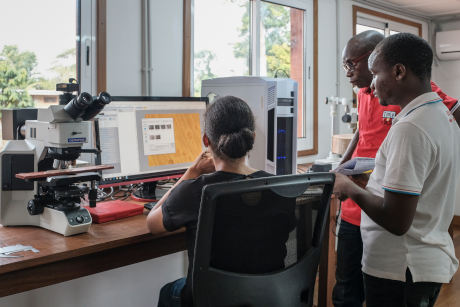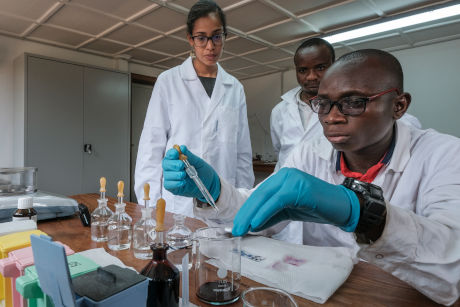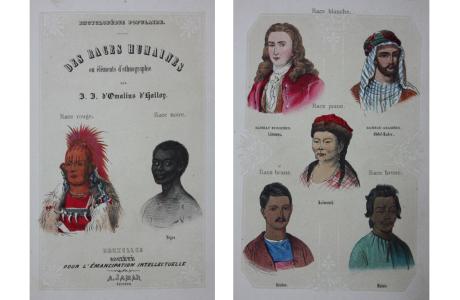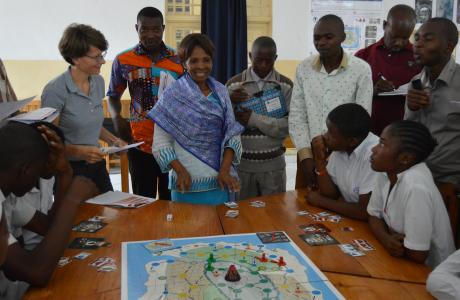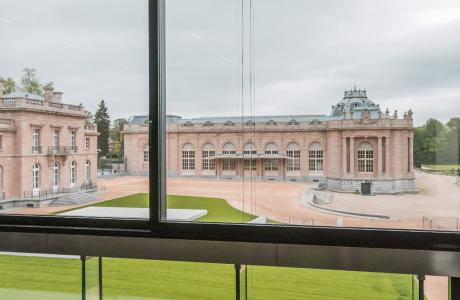Wood biology laboratory, first of its kind in Sub-Saharan Africa, opens in Democratic Republic of the Congo
The Royal Museum for Central Africa (RMCA) has launched a new wood biology laboratory in the Democratic Republic of the Congo (DRC). Located in the Yangambi Biosphere Reserve, at the heart of the Congo Basin, it will be used by Congolese and international scientists to conduct top-notch research on wood anatomy and dendrochronology (tree-ring dating) to better understand forests’ contribution to climate change mitigation and adaptation.
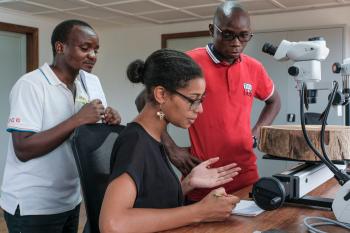
© Axel Fassio/CIFOR
“This wood biology laboratory is unique in Sub-Saharan Africa. Its state-of-the-art microscopes and other equipment will allow us to study the functioning of trees on-site,” said Hans Beeckman, Head of the RMCA’s wood biology service, during an inauguration ceremony that took place on 28 April in Yangambi, DRC. “The Congo Basin is the world’s second largest tropical rainforest, and plays a crucial role storing carbon and controlling temperature. Therefore, understanding local trees’ growth patterns, vegetation history and wood properties, will help us protect this important ecosystem,” he added.
The laboratory, which is supported by the FORETS project (Formation, Recherche et Environnement dans la Tshopo), funded by the European Union and coordinated by the Center for International Forestry Research (CIFOR), will benefit Congolese academic institutions such as the INERA (Institut National pour l’Étude et la Recherche Agronomiques) and the University of Kisangani.
“Master’s and PhD students at the University of Kisangani will have access to the laboratory to conduct their thesis research,” explained Mélissa Rousseau, Scientific collaborator at the RMCA and responsible for the laboratory. “We expect it to become a meeting place for international and local scientists to exchange ideas and expertise and promote academic collaborations.”
To ensure the sustainability of the initiative, the RMCA is training Congolese scientists to operate the laboratory. It will become autonomous by the end of the FORETS project in 2021.
